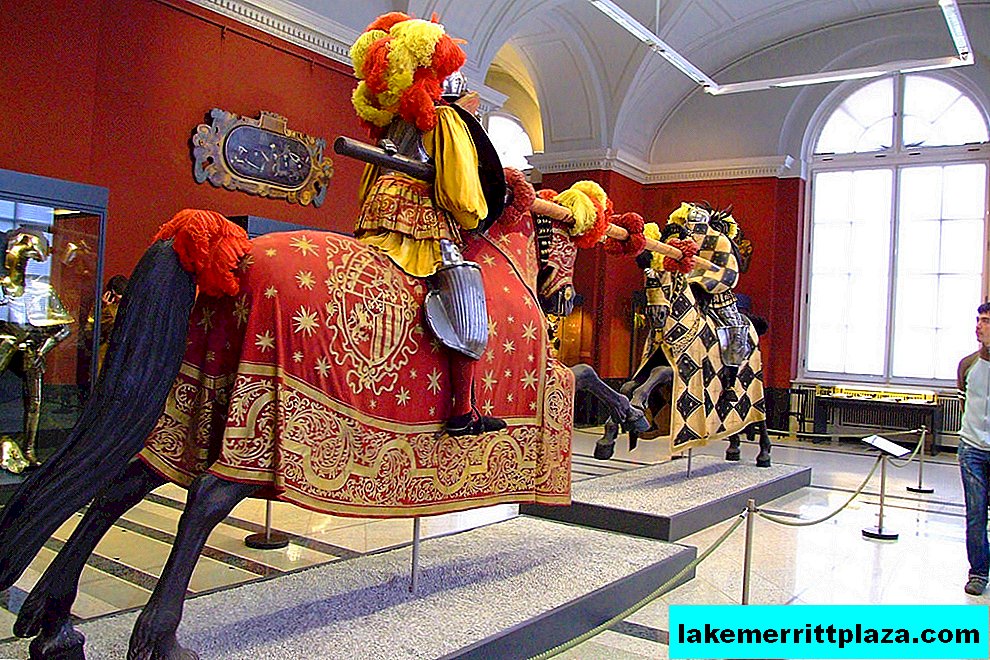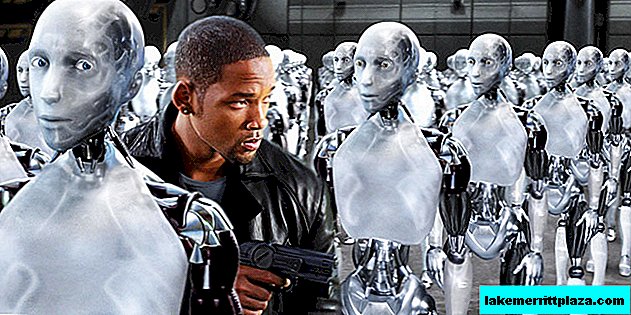The Museum of German History will be interesting to everyone. A modern interactive map shows which states were on the territory of modern Germany, and how the country grew or decreased.
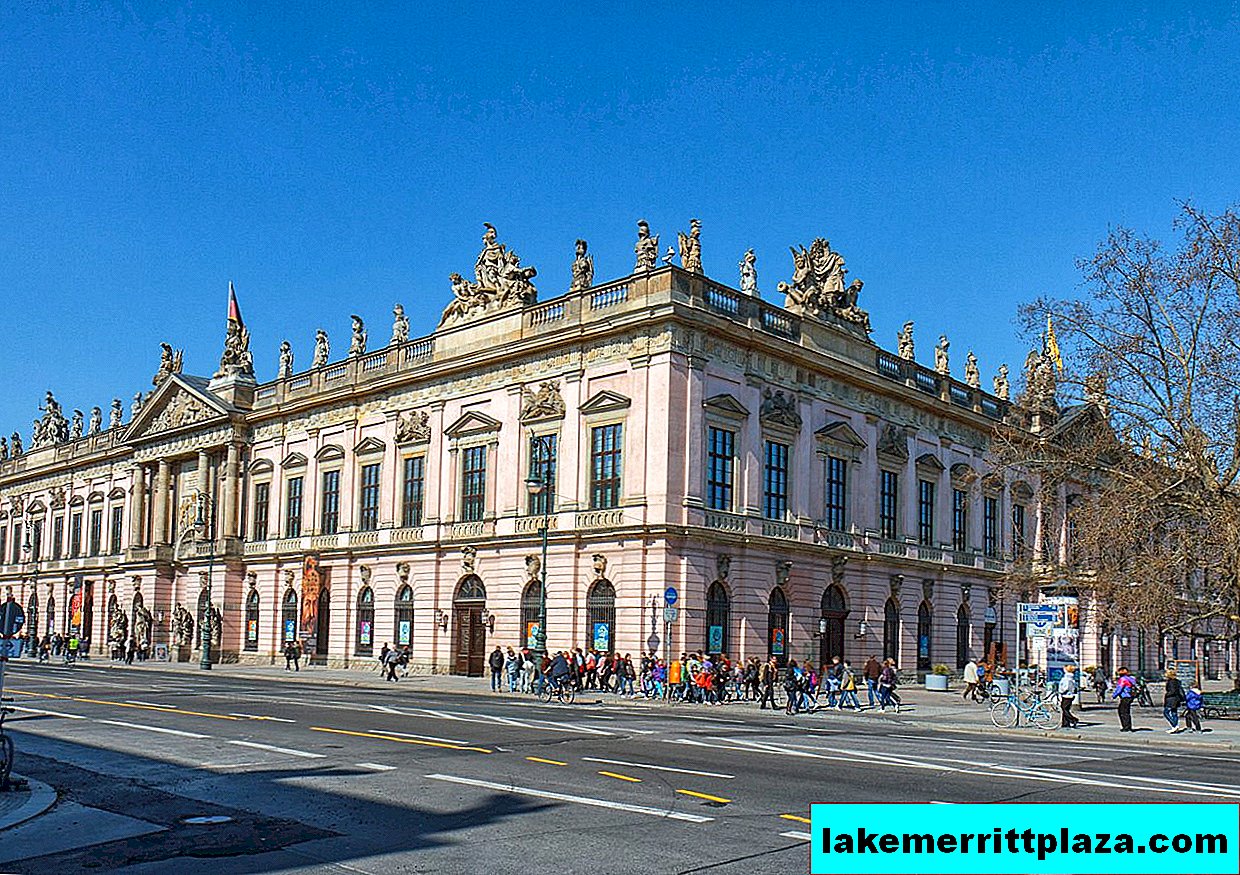
Museum of German History (Deutsches Historisches Museum), photo Avda
The German History Museum (Deutsches Historisches Museum) was founded on October 28, 1987 to mark the 750th anniversary of Berlin and was then housed in the Reichstag building. Since 1990, it has been located in the building of the former Arsenal (Zeichhaus - German: Zeughaus) (built in 1706) on Unter den Linden Boulevard. The Museum of German History is located in the very center of Berlin. And this makes it one of the most visited metropolitan museums.
In 2003, according to the project of the American architect Yoe Ming Pay, a modern building was made of glass and steel in the Art Nouveau style, which was connected by a tunnel to the main one. Now the exhibition areas of the museum occupy 2 buildings. The luxurious old baroque building of the arsenal symbolizes the past, and the modern building is the present.
Exposition
The collection of exhibits, according to rough estimates, is over 800,000 - these are paintings, documents, folk and professional costumes of different times, household utensils, luxury goods, all kinds of documents and books. The age of individuals is 800 years. They talk about events, persons, ideas and processes in German history from the 1st century BC. e. and until today. The museum regularly hosts specialized exhibitions.
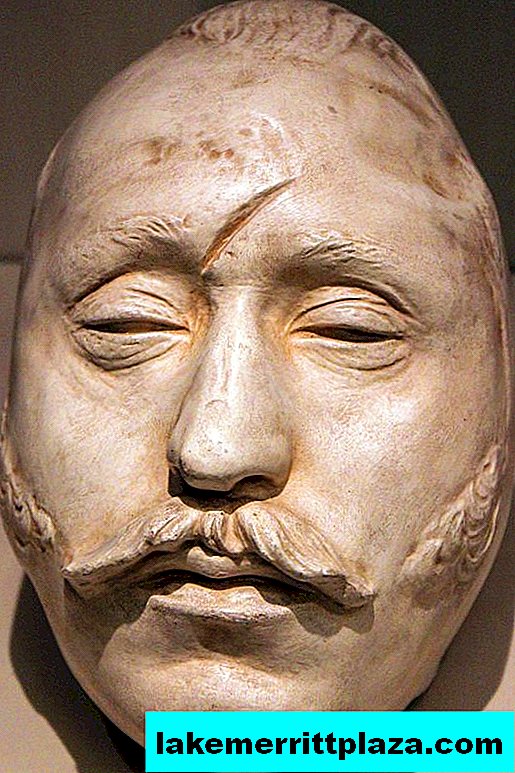
Mask of a dying warrior, Anagoria photo
In the courtyard are the famous "Masks of dying warriors" - a masterpiece of baroque art by sculptor A. Schluter.
The museum consists of 23 thematic rooms and is equipped with the latest technology. This is the first museum in Germany to open its website.
Entrance to the museum is € 8, there is an audio guide in Russian - € 3. A tour of the museum includes a tour of the entire exposition and a visit to the bomb shelter of the Cold War, which is located in the neighborhood.
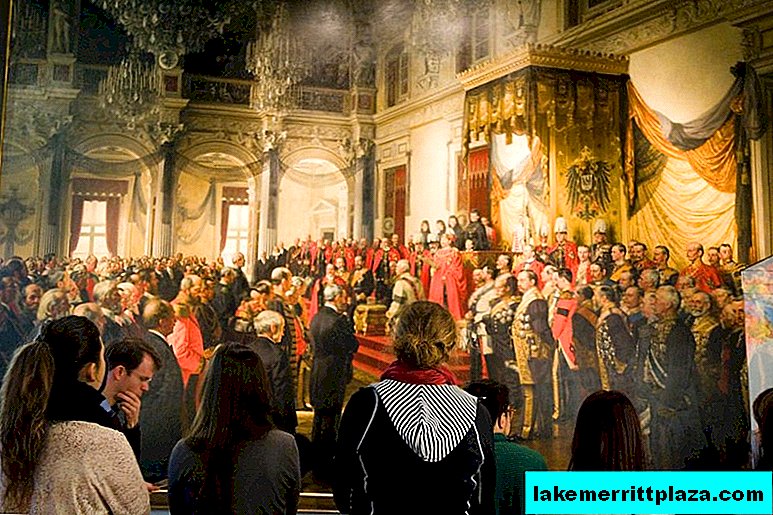
At the Museum of German History
How to get there
Take the U6 underground to the Friedrichstraße stop.

